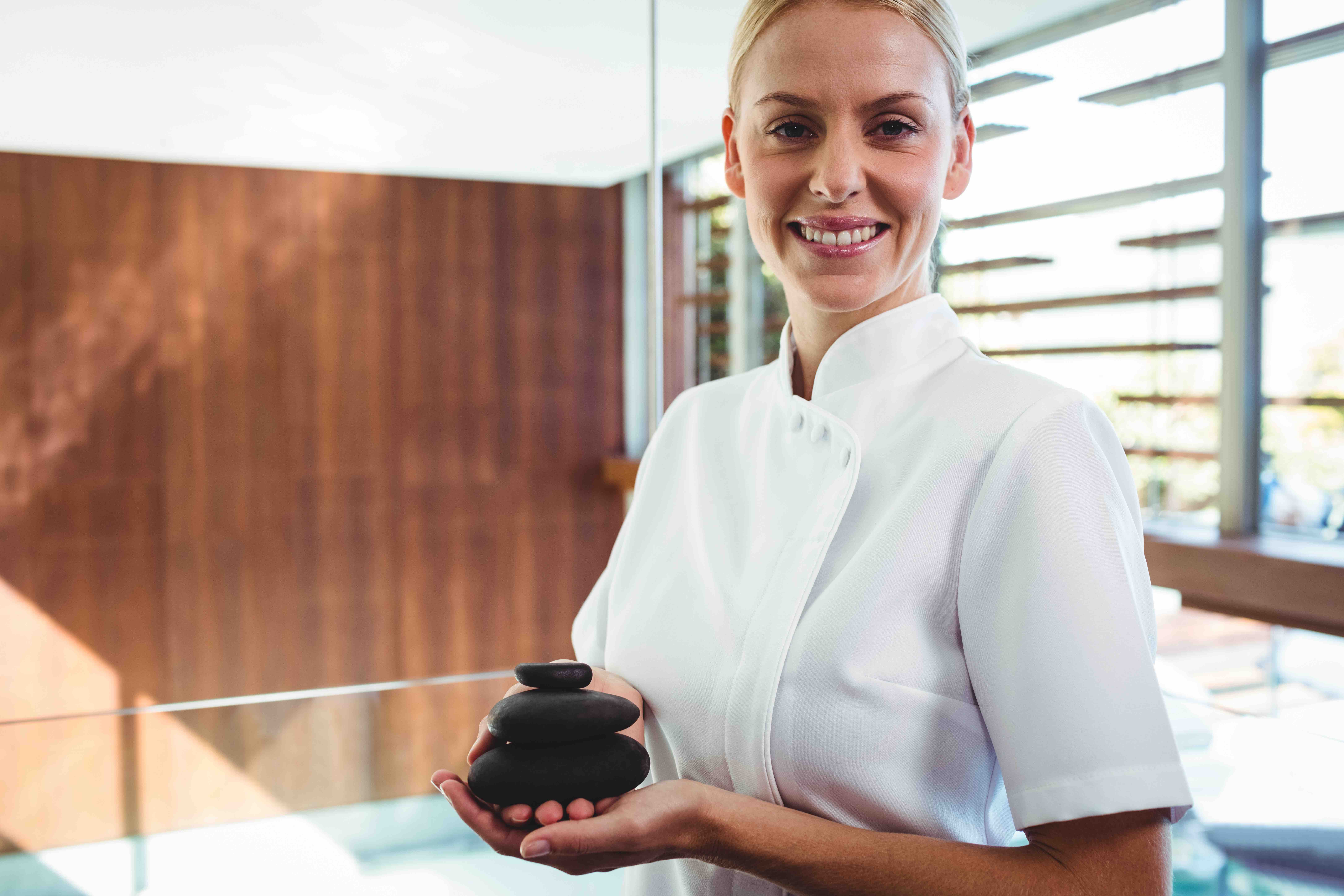The benefits of training therapists to offer clients psychological support
Beata Aleksandrowicz, co-founder of UK-based Pure Massage, explains why therapists need to be trained to offer clients psychological support.
The first skill to develop in all team members, both junior and senior, to ensure they know how to respond to clients coping with stress, trauma or mental health issues, is that of recognition.
As part of their training, therapists need to be given a clear road map for how to deliver a high quality treatment no matter how challenging the situation. We often miss the obvious because we’ve “un-learned” how to look at people as individuals. There’s a whole book to be written about reading people and their body language (in fact I’m sure it’s been written several times over) but its worth reiterating the advice “open eyes, open hands” for all treatments.
Once your staff have the necessary listening and interpreting skills, they can treat clients both symptomatically and holistically, which is absolutely key to therapeutic success. When I hold training sessions, I make sure that therapists develop skills that allow them to relate to clients with confidence, without the fear that often creates an unnecessary barrier between the two parties. I also give them homework designed to increase their ability to develop a deeper understanding of human behaviour.

Relax and rebalance
So what are we looking at on the broad spectrum of stress-related concerns? Stress and mental health issues can directly affect a person’s wellbeing and there are many triggers, including trauma. It can affect an individual’s inability to sleep and this sleep deprivation can, coupled with stress, lead to a number of health issues – including weight problems. It can also result in a reduction of the body’s ability to fight infection, and to tension in the relationships with those closest to the person.
A visit to the spa may be exactly what the client needs to rebalance and relax, to enable them to get on with their lives. The reason for their stress could be something the client chooses to share with the therapist and it’s vital that he or she is equipped with the right tools, so they know how to communicate with and show empathy for the client. During training, I emphasise the importance of recognising when the client is holding back. It’s essential to respect silence, especially if the client finds it difficult to open up.
Silence is an incredibly powerful tool and it gives the client time to enjoy the warm and safe environment of the treatment room. My training also addresses how therapists deal with the many different reactions clients may have to their individual trauma. These skills are building blocks for the compassionate and professional relationship therapists need to forge with their clients. The ability to listen and communicate and to show awareness and intention in their interaction with clients should be part of therapists’ training.
These are not skills we are born with; we need to absorb them, often while overcoming our own limitations and traumas. This type of training gives therapists an amazing opportunity to learn life skills that can help them deal with their own demons, giving them direction in their personal as well as their professional lives. These aspects need to be addressed because, without such skills, therapists cannot support the client on their journey.

Space and support
A well-trained therapist should give the client sufficient space to share their thoughts, without getting too involved in his or her traumatic experience. Having an open heart, showing compassion, listening and giving the client room to express themselves without judgement is key. Therapists can at times be thought cold and insensitive to a client’s emotional experience. However, this is often caused by a lack of training in how to deal with suffering or confusion.
Spa treatments can release pent up emotion within the client, which means they can become distressed and even burst into tears. This is a necessary release and the therapist should be trained to deal with the fact that this could happen. Something as simple as holding the client’s hand can help the situation and ease their distress. If a person has gone through a traumatic time, a deep tissue massage may not be advisable, as it may be too invasive and painful.
One of the most important things I teach therapists is that a relatively light touch can make a significant difference to the client’s wellbeing. The spa should be able to support customers in their healing process, providing a comfortable and welcoming environment. Well-trained therapists who have found balance and are in tune with their own emotions will be able to handle challenging situations with ease.
Sometimes it can be the little things. If a therapist had a difficult morning at home, got caught in heavy traffic or was involved in a disagreement before they arrived at work, it might be a struggle to rise above that and put the needs of the client first. Giving therapists the tools to further their own wellbeing will ensure they’re able to respond to the clients’ needs better.
Making a connection
It’s important for spas to realise that therapists must not only have the right technical skills, they also need to be able to connect with the client on a deeper level, while sustaining their professionalism by keeping a certain emotional distance. The environment in a spa is designed to calm and relax. From the décor and the treatment menu to the classes and the cuisine; the guests’ wellbeing is paramount.
If all the right elements are present, both client and therapist will benefit from this and enjoy the spa more. The therapist will deliver a tailored experience that is not too affected by personal stress and the client will feel relaxed and hopefully better able to deal with any problems he or she might have. The result should be repeat business and high staff retention.
Beata Aleksandrowicz is co-founder Pure Massage, which specialises in massage training for therapists. The Pure Massage training method focuses on the healing and relaxing benefits of massage and is based on 12 key principles. The company has developed its own treatments and its spa training incorporates aspects such as psychology and communication.
